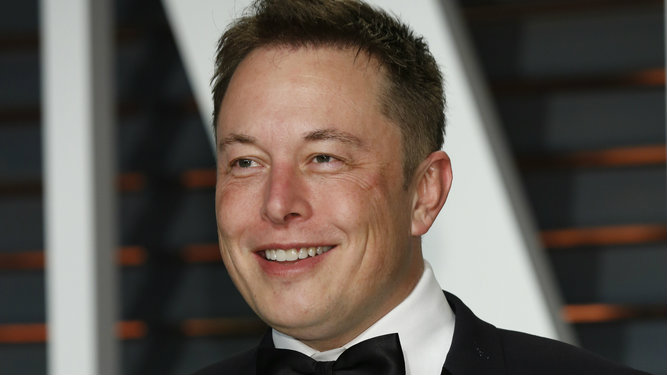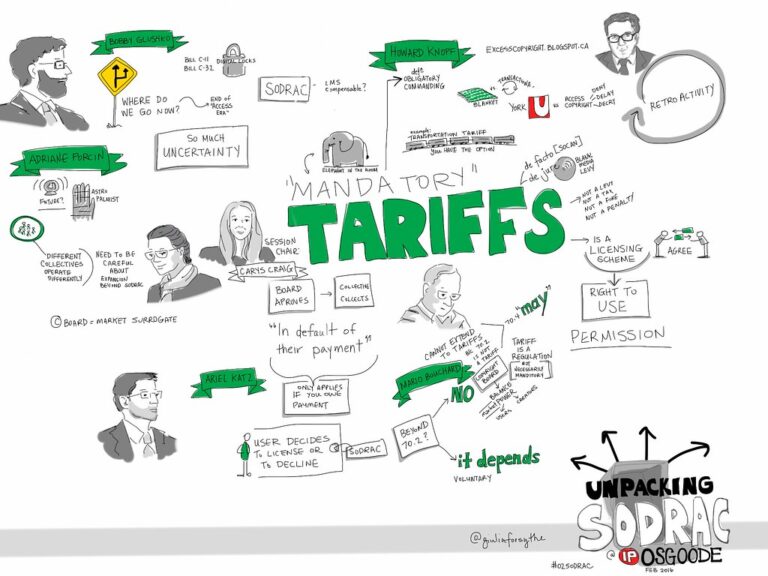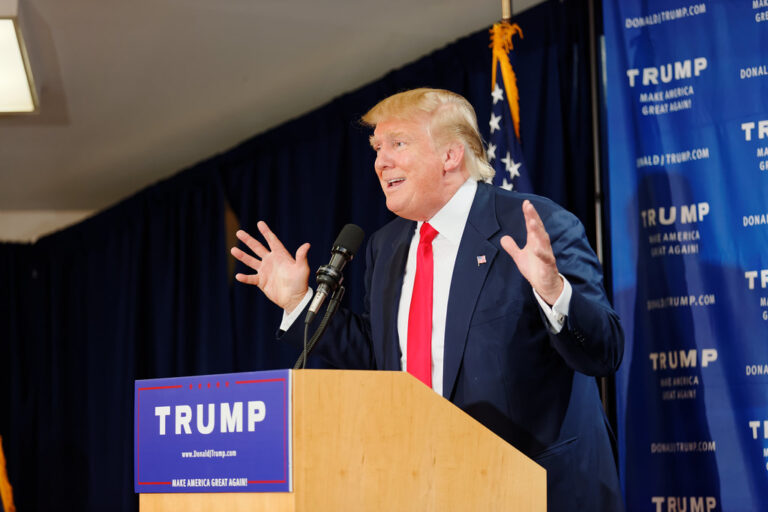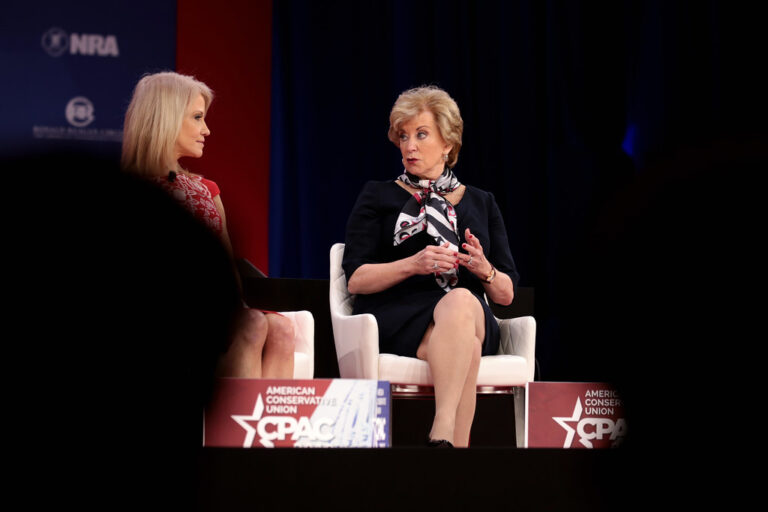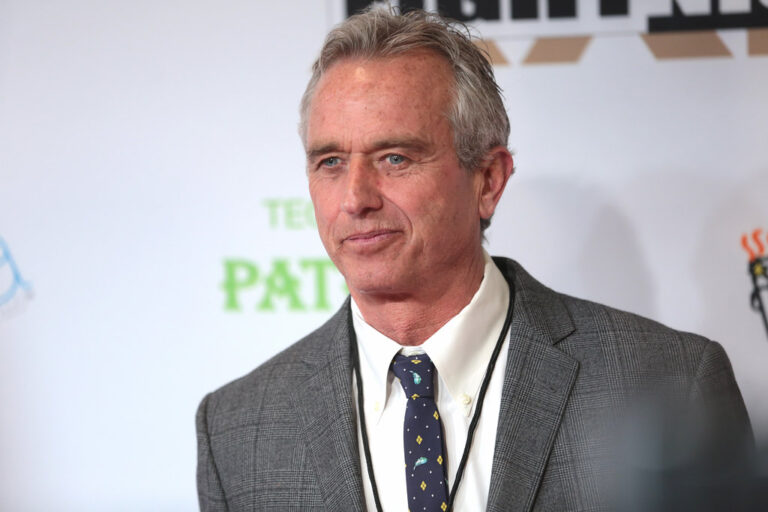Key Takeaways:
– House Republicans, Patrick Penn and Kyler Sweely, performed an unsettling role play during a hazing ritual for new lawmakers.
– Penn used a military command to hypothetically involve violence toward an ex-representative, Jason Probst.
– Probst reacted with mild amusement, highlighting their narrow victory over him.
– Democratic members of the House called for official action against Penn and Sweely.
Kansas GOP’s Controversial Hazing Ritual
In a recent development at Topeka, two Republican representatives, Patrick Penn and Kyler Sweely, have drawn attention for their unsettling actions during customary hazing rituals for new legislators. In what might be seen as a violation of decorum, the two lawmakers participated in a role-play involving a hypothetical act of harm towards a former congressional member.
Exploring a Military Hypothetical
The event at the heart of the controversy began innocently. Rep. Penn was conducting a well-established hazing routine where new members presenting legislation for the first time are subject to rigorous questioning. The freshman under the grill was Rep. Sweely. Both Penn and Sweely share a background, serving in the U.S. Military in the Middle East, and this commonality played a pivotal role in their hypothetical.
The hypothetical scenario escalated when Penn referred to Jason Probst, a former Democratic representative who was defeated by Sweely in November. Using Probst’s former newsletter tagline, ‘that guy from Hutch,’ Penn proposed a military command scenario to Sweely, describing ordering a gunner to ‘fire for effect’ at the metaphorical Probst.
Backlash and Reactions
Probst, when queried about the incident, gave a mixed response. He suggested that the legislators might be airing a disguised threat or expressing joy over their slim electoral victory. Probst took pleasure in the fact that he continued to occupy their thoughts, despite losing by a narrow margin of 294 votes in the past elections.
Demands for Apology and Discipline
The strange interaction precipitated a wave of outrage in the chamber, particularly among the Democratic members. Some Democrats called for Penn to apologize and the House Speaker’s office to discipline the legislators for their inappropriate actions.
Rep. Alexis Simmons, a Topeka Democrat, emphasized the need for formal action against the two Republicans, stating that members of the Republican caucus have previously raised points of order for minor perceived slights. She expressed serious concerns, saying it was irresponsible and negligent to let these comments, which she qualified as being clearly violent in nature, stand without action.
Other Democrats echoed her sentiments. House Minority Leader Brandon Woodard, a Lenexa Democrat, strongly denounced using any rhetoric that incites violence, especially at a time when attacks on public officials are on the rise. Woodard called for Penn to take responsibility and apologize for his inappropriate comments.
About The Legislators
It’s noteworthy to mention that Penn, serving the House since 2021, is currently co-sponsoring legislation with 60 other Republicans to embed the right to own guns, ammo, and firearm accessories in the state constitution. Both Penn and Sweely have extensive military experience, having served in operations in the Middle East. Their shared history, however, must not excuse them from the standards of civility and respect that are expected in our nation’s political chambers. Only time will tell how the situation is resolved. Ensuring a safe, respectful environment is essential for fostering productive debates and discussions that contribute to shaping our nation’s future.


